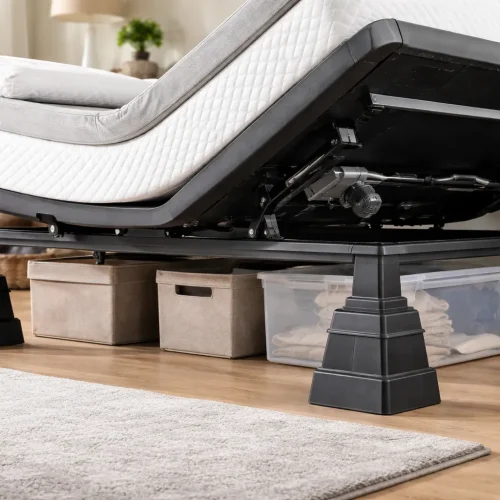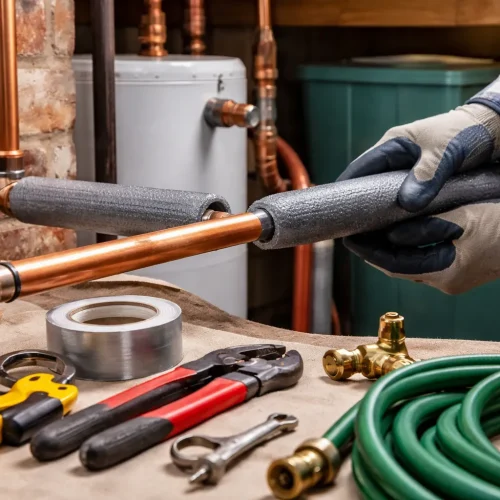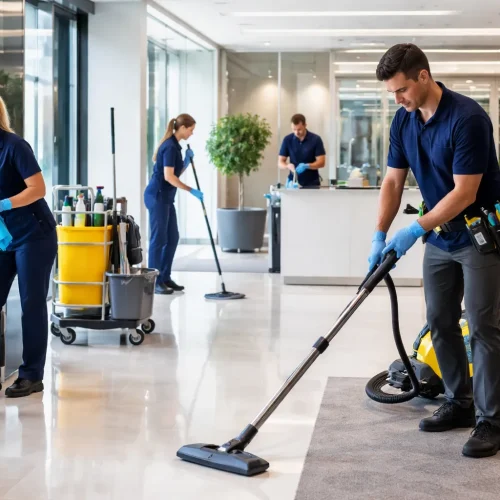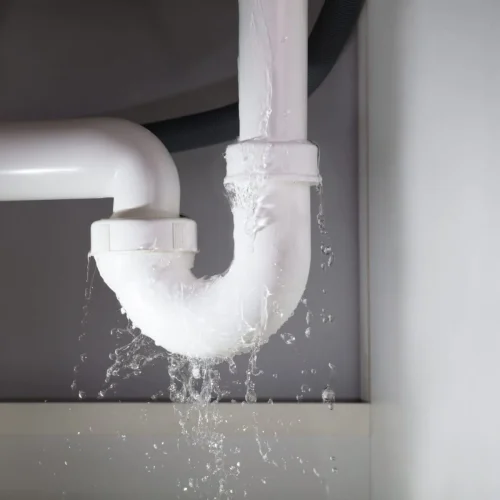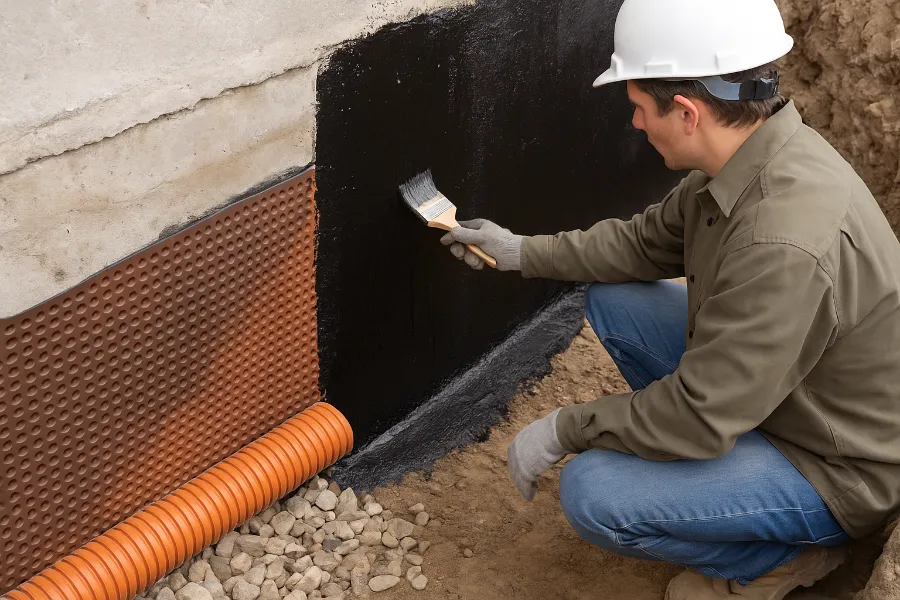
Waterproofing helps prevent structural damage that can lead to floor cracks and shifting walls. Working with the right company will help you prevent moist basements and improve indoor air quality. A waterproofing service helps you to protect stored belongings in basements, and it also insulates the basement to reduce energy needs. Here’s what to look for when evaluating waterproofing service options:
Diagnostic Accuracy
Waterproofing companies should help homeowners detect early warning signs by examining exterior grading, floors, and walls. Professionals can pinpoint the exact location of any damage using hygrometers and moisture meters. This prevents the need for wall removal or unnecessary excavation. Work with experts who can prevent prolonged water pressure damage via hydrostatic pressure testing. These experts should help redirect runoff by reviewing perimeter drains, downspouts, and gutters.
If you want to locate leaks without demolishing flooring or drywall, choose waterproofing providers that use thermal cameras. The waterproofing service should help to test the groundwater and soil to determine the effectiveness of exterior or interior waterproofing. They should also have sensors that track moisture over time, especially after heavy rains or snowmelt.
Waterproofing Materials and Installation Methods
Using flexible and water-resistant coatings, the ideal waterproofing service prevents recurring moisture seepage. If your home is built on clay or poorly draining soil, choose a waterproofing service that works with drainage systems to create an airtight foundation wall. During snowmelt periods or heavy rainfall, the ideal waterproofing service should be able to install drain tile systems. Ask how they handle erosion and freeze-thaw cycles to stop groundwater from damaging wall joints.
If the foundation capillaries weaken, use a waterproofing provider who can permanently seal active leaks with waterproofing compounds. To maintain a dry usable environment during storms or power outages, the waterproofing company should be able to install a sump pump as a backup system. Determine how the company will stop minor foundation cracks and prevent water and gas from entering the basement. If standing water pressure is a problem, work with a company that installs drainage mats and gravel layer systems.
Customized System Design
Each home presents distinct water management challenges, and the right waterproofing strategy can help you avoid unnecessary drainage installations. A qualified contractor should select materials specifically suited to your foundation type — products that resist cracking and leaking as temperatures and soil moisture levels fluctuate seasonally. Ask whether the contractor uses different membranes for interior and exterior waterproofing, as the requirements often vary based on exposure and pressure levels. Partner with a company that integrates sump pumps, interior drainage channels, and exterior discharge systems to keep your basement dry and functional during heavy rainfall or flooding events.
Incorporating vapor barriers beneath concrete slabs or behind wall assemblies not only helps control moisture but also improves energy efficiency by reducing humidity-related heat loss. Choose a professional who performs thorough seam and joint sealing to protect finished surfaces and prevent repeat moisture intrusion. Because hydrostatic pressure imbalances are a primary cause of foundation cracks and wall movement, a reputable company should provide a custom waterproofing solution that addresses these forces directly.
Drainage and Water Management Integration
Choose a company that can reduce hydrostatic pressure by installing perimeter drainage systems to collect and direct groundwater away from the foundation. They should also be able to install proper gutters so your home landscaping isn’t damaged. The company should also address soil grading to improve filtration and prevent pooling around the perimeter. It’s also worth confirming whether they install French drains, which help protect crawl spaces from moisture intrusion during wet conditions.
Choose a Waterproofing Service Provider
Instead of general contracting, the ideal waterproofing company provides specific care for your home’s system. They seal and repair your drainage systems, and they also use the right materials and tools, so moisture doesn’t damage your basement. Reach out to a waterproofing service today to learn more about how they will protect your home from water damage.
FAQs
A waterproofing service protects your home’s foundation and basement from moisture intrusion, mold growth, and structural damage caused by water leaks or poor drainage.
Signs include damp walls, musty odors, peeling paint, mold growth, water stains, or visible cracks in your foundation or basement floor.
Reputable companies use hygrometers, moisture meters, and thermal cameras to detect hidden leaks and measure moisture levels accurately.
Interior waterproofing manages water that enters the basement, while exterior waterproofing prevents water from ever reaching the foundation walls.
Materials vary from flexible sealants and membranes to drainage mats and vapor barriers, depending on soil conditions and foundation type.
Yes. The best waterproofing services integrate drainage systems, such as French drains or sump pumps, to redirect groundwater away from your home.
Hydrostatic pressure occurs when water builds up around your foundation, forcing moisture through cracks and joints—causing leaks or structural stress.
By controlling basement humidity and preventing mold or mildew growth, waterproofing significantly enhances indoor air quality and comfort.
Ask about diagnostic tools, warranty coverage, experience with your soil type, materials used, and whether they offer customized waterproofing solutions.



